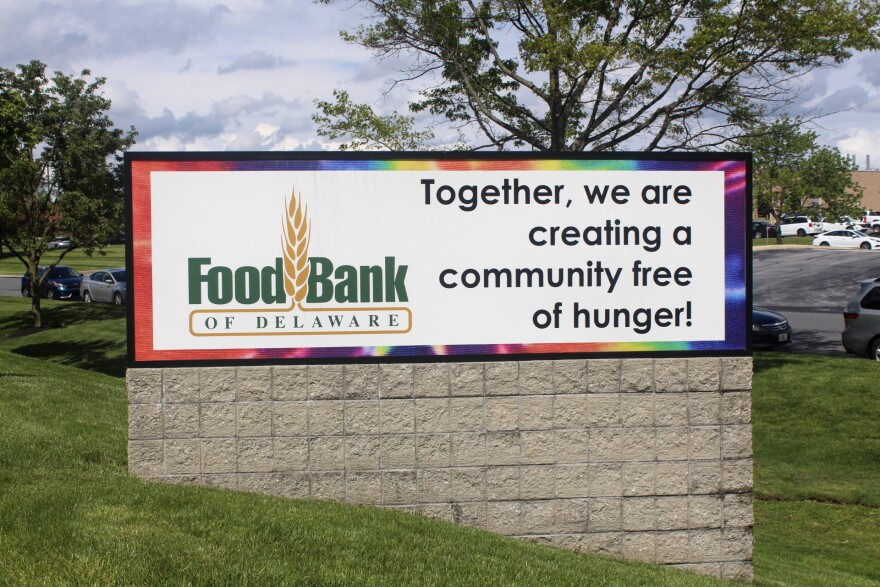Food assistance programs and organizations are preparing for a looming government shutdown next week.
Congress has yet to reach an agreement on a new federal government spending plan – a group of hard-line Republicans in the House are demanding deep spending cuts that won’t pass the Democratic majority in the Senate.
This means that another important piece of legislation, the Farm Bill, will expire on Saturday, and is taking a back-burner to the spending plan.
But the Food Research and Action Center’s SNAP Deputy Director Gina Plata-Nino says no Farm Bill is better than a bad Farm Bill.
“And we say that because we are extremely concerned with what happened during the debt ceiling negotiations that expanded time limits," Plato-Nino says. "We’re also concerned because of what is happening in the House right now in terms of Ag Appropriations which is seeking to harm SNAP even more. So if those conversations continue, we prefer no Farm Bill.”
FRAC’s priorities in the Farm Bill include expanding SNAP benefits, making hot foods purchasable with benefits, eliminating time limits for unemployed or underemployed beneficiaries, and removing waiting periods for legal immigrants.
Plato-Nino says, in best case scenario, the Farm Bill is finished by the end of the year because there’s more flexibility with Farm Bill funding. It doesn’t dry up right away if it expires - unlike a government shutdown, which puts many food programs in immediate jeopardy of losing funds.
In a White House statement this week, President Joe Biden says in the case of a government shut down, a federal contingency fund for the Special Supplemental Nutrition Program for Women, Infants, and Children would dry up after just a few days, leaving seven million women and children without nutrition assistance.
Food Bank of Delaware’s Vice President of External Affairs Chad Robinson says cuts to food assistance programs, or the failure to keep them running, would be detrimental to the Food Bank.
“We can’t fill in the gap, the emergency food system, we can’t fill in the economic gap that SNAP provides," Robinson says. "And so when you think about cuts in that program, it would directly impact us because we cannot meet that need.”
Robinson says through the Temporary Food Assistance Program, the Food Bank is already purchasing more food now than at any point in its history and the program faces potential funding cuts.



